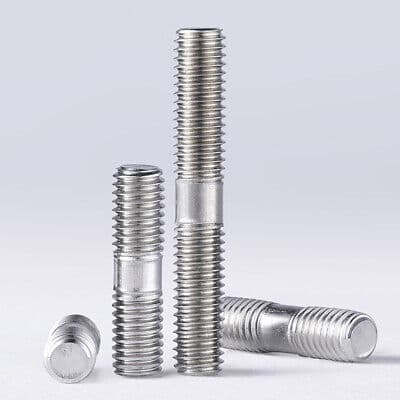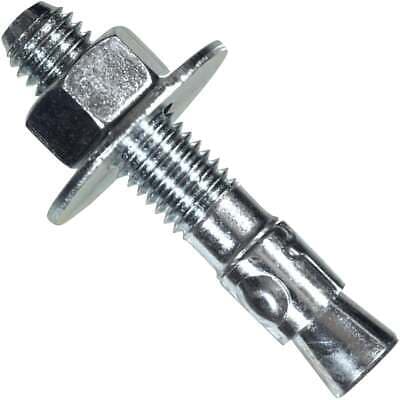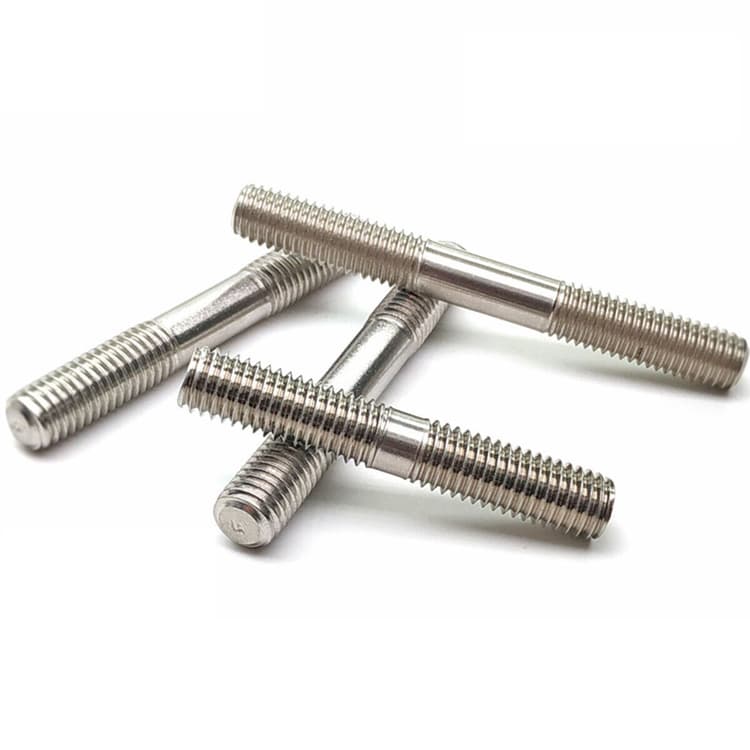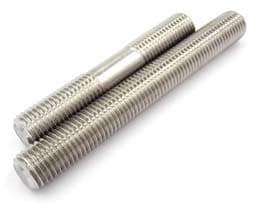| Size | (mm) 0.45 to 5.0 |
|---|---|
| Type | Threaded Rod |
| Standard | Din, Iso, Jis, Gb, Is, Bs, Astm |
| Length | 1829, 2438, Customer specific length |
| Material | Stainless Steel, Monel, Inconel, Incoloy, Hastelloy, Nickel, Silicon Bronze, Phosphor Bronze |
Threaded Rods Fasteners Manufacturers, Suppliers & dealers in India.
Ananka Group, a Threaded Rods manufacturer, expertise reflects a commitment to delivering strong, reliable, and precision-engineered fastening solutions for industrial and construction needs. These threaded rods are produced using carefully selected raw materials to ensure consistent threading, excellent tensile strength, and long service life. Widely used for anchoring, structural support, and mechanical assemblies, they offer flexibility in installation and adjustment, making them a practical choice for complex projects. Attention to dimensional accuracy and surface finish ensures smooth performance, reduced wear, and dependable load distribution even in demanding operating conditions.
Thread & Standard Specifications
| Parameter | Details |
|---|---|
| Thread Standard | ISO Metric, UNC, UNF |
| Thread Direction | Right Hand (Left Hand on request) |
| Thread Tolerance | 6g / 6H |
| Chamfering | Both Ends |
| Surface Finish | Smooth / Coated |
Type of Sub-products

Stud Full Threaded Stud Full Threaded
We are a leading Stud Full Threaded Supplier in India

Zinc Plated Stud Zinc Plated Stud
We are a leading Zinc Plated Stud Supplier in India

Double Ended Stud Double Ended Stud
We are a leading Double Ended Stud Supplier in India
